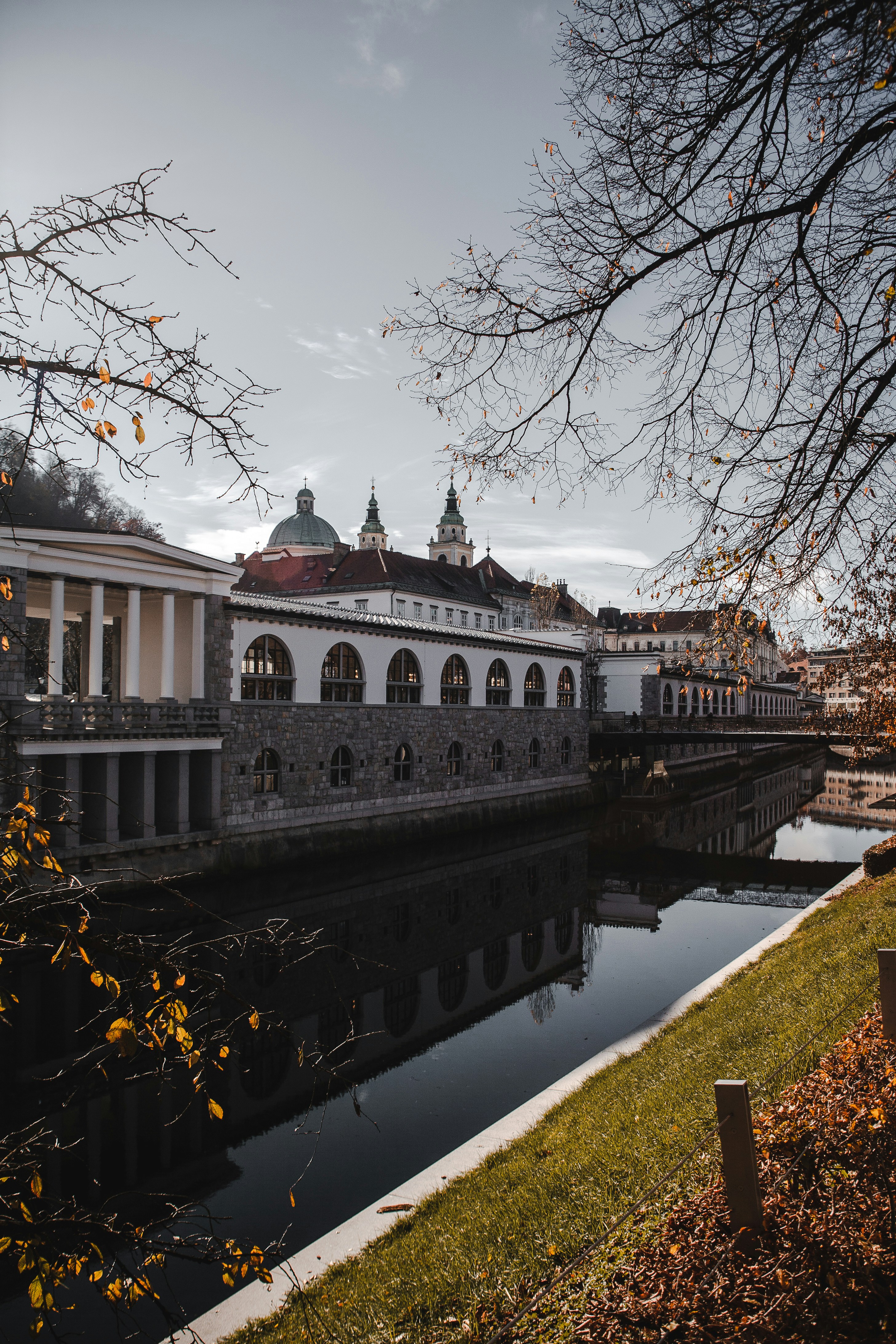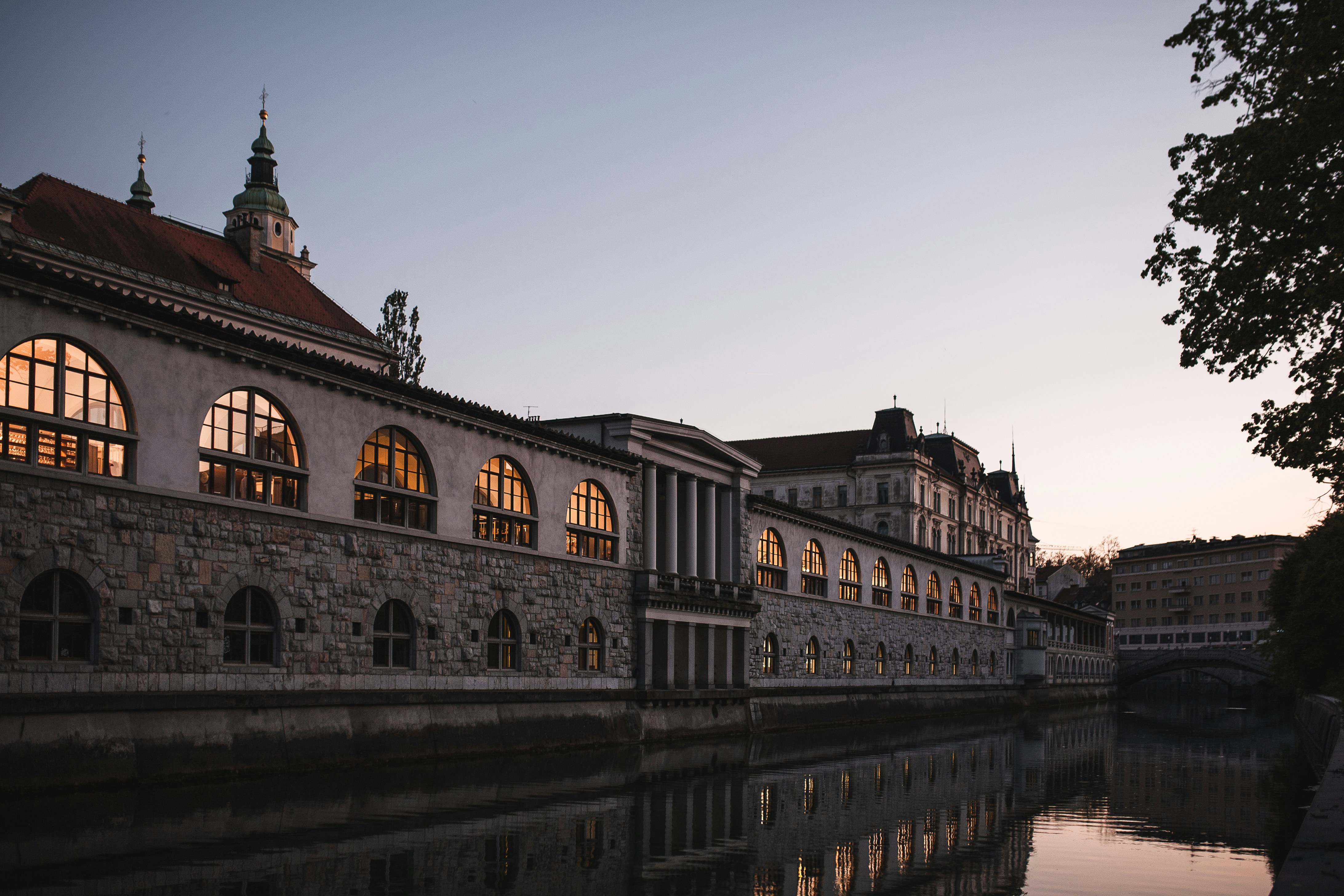As sustainability becomes a key priority for travelers worldwide, Slovenia has emerged as a frontrunner in ecotourism, offering a model for green tourism that other countries seek to emulate. Nestled in the heart of Europe, Slovenia combines stunning natural beauty, rich culture, and a commitment to preserving both for future generations. The nation’s efforts to prioritize environmental stewardship, sustainable tourism, and renewable energy make it an ideal destination for eco-conscious travelers in 2025. Here’s a closer look at Slovenia’s dedication to sustainability and why it deserves a place on every eco-traveler’s bucket list.
The European Green Capital: Ljubljana
Slovenia’s capital, Ljubljana, epitomizes the country’s dedication to sustainable urban development. In 2016, it was named the European Green Capital—a prestigious title awarded to cities with high environmental standards and ambitious goals for future improvements. Ljubljana’s car-free city center is a testament to its focus on reducing pollution and improving residents' and visitors' quality of life. Here, bikes and electric taxis are the primary modes of transport, creating a pedestrian-friendly area where people can enjoy cafes, shops, and historic sites without the noise and pollution of traffic.
With over 10,000 square meters of green spaces created in recent years, Ljubljana also takes pride in its commitment to urban green infrastructure. Parks like Tivoli, the city’s largest, and smaller green oases spread throughout ensure that nature is accessible to all residents. This dedication to urban greenery provides not only a beautiful backdrop but also a habitat for urban wildlife, contributing to the city's biodiversity. For added luxury, the city offers some excellent 5 star choices.
Hotel Cubo – A boutique hotel near the city center, Hotel Cubo combines elegant design with personalized service. Known for its sophisticated interiors, spacious rooms, and gourmet restaurant, it provides a more intimate experience while still offering the comfort and amenities of a top-tier establishment.
Zlata Ladjica Boutique Hotel – Set in a beautifully restored historic building along the Ljubljanica River, Zlata Ladjica offers a unique blend of luxury and heritage. This boutique hotel has beautifully designed rooms, a charming riverside location, and a focus on sustainability, including eco-friendly amenities and locally sourced cuisine in its gourmet restaurant. Guests appreciate its personalized service, tranquil atmosphere, and easy access to Ljubljana’s iconic sites.
Embracing Ecotourism in Slovenia’s Pristine Landscapes
Slovenia’s relatively small size belies the rich variety of landscapes it offers, from the towering Julian Alps in the northwest to the lush vineyards of the south. These landscapes are largely preserved, thanks to policies that limit overdevelopment and support ecotourism. The Triglav National Park—one of Europe’s oldest national parks—is a prime example. Spanning almost 4% of the country's land, it’s home to an impressive array of wildlife, including lynx, wolves, and ibex, as well as the majestic Mount Triglav, Slovenia’s highest peak. Getting around Slovenia by train and visiting other countries from there is easy also if you consider Tralinline.
The park prioritizes sustainable tourism by limiting visitor numbers and promoting responsible trekking and eco-friendly accommodation. Visitors are encouraged to explore the area via hiking trails and cycling paths, avoiding motorized vehicles to reduce carbon emissions. Triglav also boasts several sustainable lodgings and farm stays that offer locally sourced food, which reduces the carbon footprint associated with imported ingredients.
Slovenian Cuisine: Farm-to-Table and Organic
Slovenia’s commitment to sustainable practices extends to its culinary scene, where farm-to-table principles and seasonal, organic produce are celebrated. The country’s position between the Mediterranean and Central Europe has led to a unique blend of flavors that showcases the best local ingredients. Ana Roš, Slovenia’s renowned chef and ambassador of sustainable cuisine, has garnered international acclaim for her dedication to locally sourced ingredients that support small farmers and biodiversity. Her restaurant, Hiša Franko, stands as a shining example of how traditional Slovenian flavors and ingredients can be transformed into innovative, eco-conscious dishes.
The Green Scheme of Slovenian Tourism promotes restaurants, farms, and food providers that meet high standards of sustainability. These establishments emphasize the use of organic produce, low-waste practices, and seasonal menus. Many restaurants collaborate directly with local farmers, eliminating the need for long-distance transport and ensuring the freshest ingredients reach diners’ plates. For travelers, this dedication to sustainable gastronomy offers an authentic taste of Slovenia’s natural bounty while minimizing environmental impact.
Green Certifications and the “Green Scheme of Slovenian Tourism”
In an effort to create a comprehensive framework for sustainable tourism, Slovenia developed the Green Scheme of Slovenian Tourism (GSST). This national certification program encourages tourism providers—hotels, restaurants, travel agencies, and destinations—to adopt green practices. Organizations that achieve Green Certification adhere to rigorous standards involving waste reduction, energy efficiency, water conservation, and support for local communities. More than 50 destinations in Slovenia, including Ljubljana, Bled, and the Soča Valley, proudly hold the “Green Destination” label, signifying their commitment to a low-impact, sustainable tourism model.
The GSST has also introduced initiatives to educate both locals and visitors on environmental best practices, such as waste sorting, reducing plastic usage, and sustainable transportation. For travelers, this means the opportunity to stay in eco-friendly accommodations, enjoy low-impact activities, and engage with communities that value their natural surroundings.
Renewable Energy and Carbon Neutral Goals
Slovenia is actively working toward carbon neutrality by 2050 as part of its climate action commitments. The country has made significant investments in renewable energy sources, including hydropower, which supplies approximately one-third of its electricity needs. Solar and wind power are also on the rise, and local governments are incentivizing residents and businesses to transition to greener energy sources.
The Zero Waste Initiative has been embraced by cities like Ljubljana, which is among the first capitals in Europe to adopt a zero-waste goal. The city has established an extensive recycling network and waste separation system that recycles up to 68% of municipal waste—a rate that outpaces much of Europe. By reducing waste and embracing renewables, Slovenia is setting a high bar for environmental stewardship and clean energy use, creating a greener future for both residents and visitors.
Slow Travel and Responsible Exploration
In Slovenia, slow travel is more than just a trend; it’s a way of experiencing the land with minimal impact and maximum appreciation. From village homestays to guided eco-tours, Slovenia promotes an immersive experience that respects the pace of local life and the preservation of its natural beauty. This approach allows travelers to explore at a leisurely pace, supporting local businesses and artisans and fostering a more meaningful connection to Slovenia’s culture and landscapes.
For those who prefer guided exploration, Slovenian tourism offers nature-based tours with certified guides who share insight into the country’s ecosystems and cultural heritage. Whether it’s bird-watching in Lake Cerknica, truffle hunting in Istria, or learning traditional handicrafts in the Karst region, these experiences provide an opportunity to engage deeply with Slovenia’s heritage in an environmentally respectful way.
Slovenia in 2025: A Role Model for Sustainable Tourism
With its unparalleled natural beauty, innovative sustainability practices, and dedication to environmental preservation, Slovenia stands as an exemplar of responsible tourism. As more travelers seek destinations that align with their values, Slovenia’s blend of ecotourism, green urban spaces, and sustainable practices offers a glimpse into the future of travel. For 2025, Slovenia invites eco-conscious explorers to immerse themselves in its landscapes, taste its fresh local flavors, and experience a country where sustainable tourism is not a trend but a way of life.
By choosing Slovenia, travelers can be part of a movement that supports responsible travel and environmental stewardship, ensuring that the country’s beauty and biodiversity endure for generations to come.









